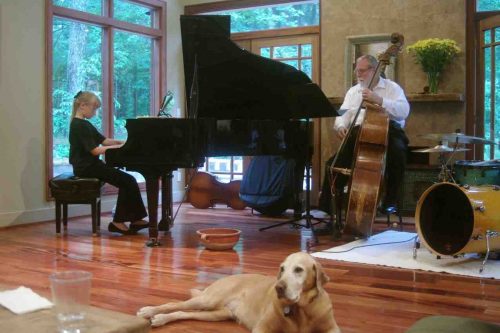Get Classical Education

For centuries Music/Harmony , Math/Philosophy, and Medicine the were subjects every university graduate had to master.
However, about two hundred years ago, people decided (mistakenly) that higher education should be practical.
So, if you want to be Master in piano you practically need to practice eight hours a day.
If you want to be Master in Medicine you have to spend eight hours a day memorizing stuff that may be important (‘may be on exam’, as they say).
If you want to be Master in Math then you have to spend eight hours a day trying to figure out what your professor meant in a sentence he said month ago.
However, it would be best for your education and your career to do little bit of each, because:
If you study music, a big chances are you will earn money doing something else.
If you study medicine and become a doctor, big chances are you will not need to remember what you are trying to memorize right now.
If you study Math, nobody cares anyway, unless you can cure or entertain them.
